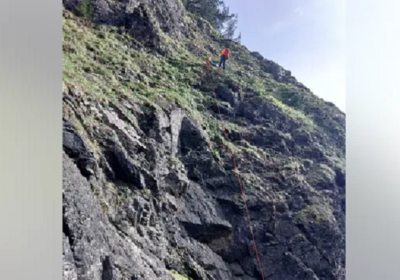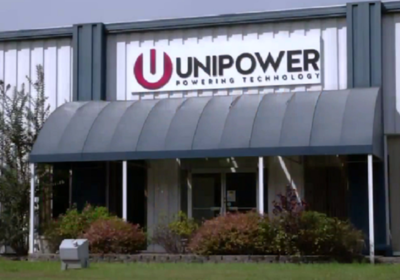WALMART PATENTS AUDIO TECHNOLOGY TO RECORD CUSTOMERS/EMPLOYEES
Walmart wants to listen to its workers and shoppers more. A lot more.
America’s largest retailer has patented surveillance technology that could essentially spy on cashiers and customers by collecting audio data in stores. The proposal raises questions about how recordings of conversations would be used and whether the practice would even be legal in some Walmart stores.
Walmart’s patent filing says the “sound sensors” would focus on minute details of the shopping and checkout experience, such as the beeps of item scanners and the rustling of bags, and they could also pick up conversations of workers and customers. It’s unclear so far how that chatter could be used.
According to the patent filed, the sensors would be “distributed through at least a portion of a shopping facility” and collect data that will create a “performance metric” for Walmart workers. For example, the sensors would pick up on how many items are scanned, how many bags are used, how long shoppers wait in line and how employees greet customers.
The audio would help cut costs and improve the shopping experience, while also monitoring whether “employees are performing their jobs efficiently and correctly,” according to the filing.
The audio would be reviewed mostly by computers and that the program will not be “analyzing the words” it picks up. The filing, however, mentions the possibility that a performance metric might be “based on the content of the conversation,” such as determining whether workers followed a “specific greeting” or “script.”
The criteria for evaluating employee recordings is unclear, as are several major details about the proposal, such as how long the recordings would be kept on file and whether outside parties could access them.
The system may also be illegal in some states that have two-party consent laws, which outlaw recording audio of people without their consent. Walmart operates in all 50 states and 12 states have versions of those laws.
Walmart employees would be notified about the sensors before they are installed, if the company decides to move forward with implementing the system outlined in the patent.
Details about the potential cost of the system were not available, and Walmart noted this is only a concept for now.





